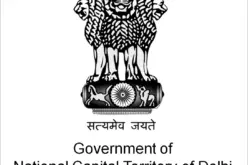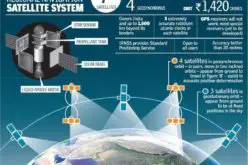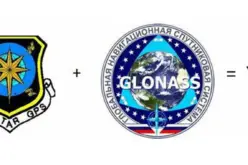Driving into the Future: What Citizens Need to Know About India’s Cutting-Edge GPS-Based Toll Technology

India is set to revolutionize its toll collection mechanism with the introduction of a GPS-based system, marking a significant stride in the country’s efforts to modernize transportation infrastructure. Here’s a comprehensive overview of this cutting-edge technology, its operational intricacies, and the noteworthy benefits it brings to both the government and users.
How GPS-Based Toll Collection Works:
- Real-time Vehicle Tracking: The GPS-based system relies on satellite positioning to track vehicles in real-time as they approach toll plazas. This ensures accurate identification of vehicle locations, facilitating seamless toll collection.
- Automatic Toll Calculation: As a vehicle enters a toll plaza, the system automatically computes the toll amount based on factors such as distance traveled, vehicle type, and applicable toll rates. This eliminates the need for manual toll calculations, streamlining the entire process.
- Instant Digital Payment: Once the toll amount is computed, it is automatically deducted from the user’s prepaid toll account or linked bank account. This instant and contactless payment mechanism enhances user convenience and expedites the toll collection process.
Benefits to the Government:
- Minimized Revenue Leakages: The GPS-based system significantly reduces the risk of revenue leakage and toll evasion. Accurate tracking ensures that tolls are collected from all vehicles, contributing to increased revenue for the government.
- Enhanced Transparency: The technology provides a transparent record of toll transactions, making it easier for authorities to monitor and manage toll collection operations. This transparency fosters trust among the public, showcasing the government’s commitment to fair and efficient toll collection.
- Operational Efficiency: Automation of toll collection reduces the need for manual intervention, leading to improved operational efficiency. This results in faster throughput at toll plazas, minimizing traffic congestion and enhancing overall transportation efficiency.
GPS-Based Toll Collection vs. Fastag:
- Universal Applicability: While Fastag relies on RFID technology and requires users to affix a tag on their vehicles, GPS-based toll collection is more universal. It can be implemented on any vehicle equipped with a GPS device, providing a broader scope for application.
- Real-time Tracking: GPS-based systems offer real-time vehicle tracking, providing more accurate toll calculations based on the exact distance traveled. Fastag, on the other hand, relies on predefined toll booth locations and may not capture the entire travel distance.
- Fast and Correct Toll Collection: Fastag still requires slowing down at plazas. GPS eliminates this need, offering a completely stop-and-go-free experience. Additionally, Fastag charges fixed tolls, while GPS charges based on distance traveled, offering greater flexibility and fairness.

Use of Automatic Number Plate Reader (ANPR):
- Complementary Technology: The integration of Automatic Number Plate Readers with GPS-based toll collection enhances accuracy in identifying vehicles. ANPR technology captures and reads vehicle license plates, ensuring precise toll calculations and reducing the chances of errors.
In conclusion, the adoption of GPS-based toll collection in India heralds a new era of efficiency, transparency, and user convenience in toll payment systems. As the government continues to invest in modernizing transportation infrastructure, this technology stands as a testament to India’s commitment to providing a seamless and technologically advanced experience for both commuters and authorities alike.










